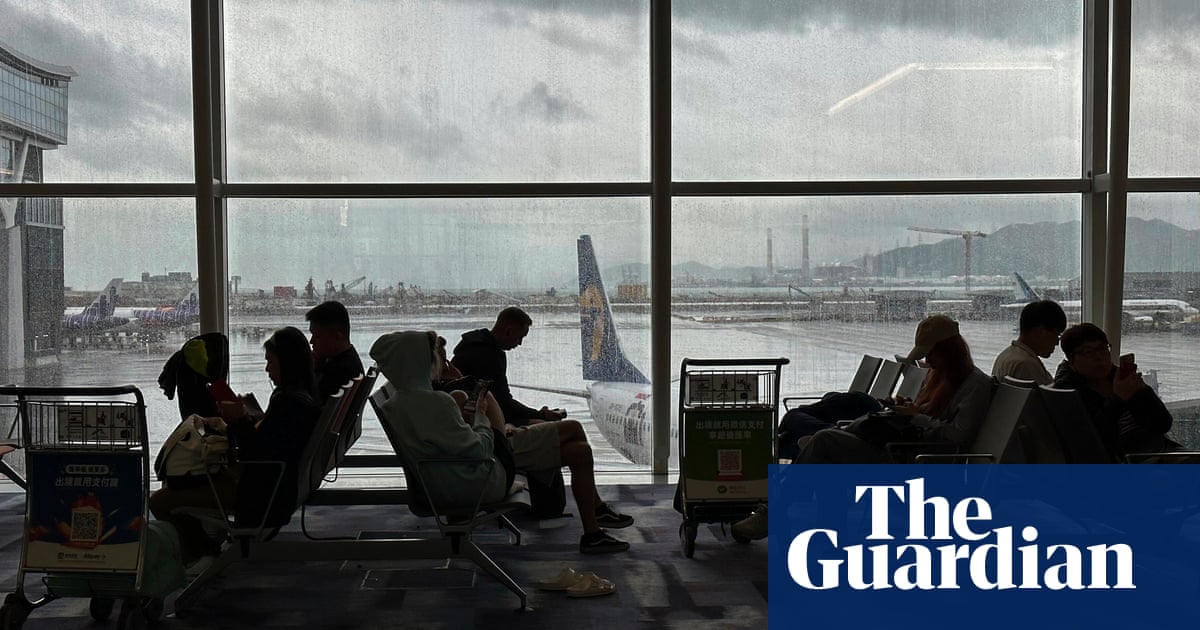
LONDON (Reuters Breakingviews) - On the south bank of the River Thames in London, halfway between London Bridge and Greenwich, is a plot of land that has been deserted for about 15 years. A heavily guarded fence is the only clue for passing pedestrians that the derelict 17-hectare site is potentially valuable. If all goes to plan, however, it could soon become a high-profile symbol of Hong Kong’s growing influence in the British capital.
For CK Asset, the plot known as Convoys Wharf is a long-term bet. The $22 billion property group founded by Li Ka-shing, Hong Kong’s best-known tycoon, spent years fighting for approvals to build homes there after purchasing the former Royal Navy base for 100 million pounds in 2005. Permission came through last July, just as Prime Minister Boris Johnson unveiled a new path to British citizenship that is open to millions of Hong Kong residents. The combination of bold developers and new arrivals could provide a shot in the arm for the capital’s pandemic-afflicted property market.
Wealthy Hong Kongers have long viewed London property as a safe place to park their cash. That’s partly because Hong Kong’s notoriously overpriced real estate market is even more expensive than London’s. The average home in the Chinese city cost $1,987 per square foot in 2020, two and a half times the British capital’s average, CBRE data shows. Buyers are also attracted by the relatively plush rental yield on London real estate, which exceeded 3% last year.
Now Hong Kongers are preparing to vote with their feet as well as their wallets. Britain decided to open its borders to residents of the former colony after China imposed a draconian national security law. That’s prompted many to explore a permanent move to the United Kingdom. A smartphone app for UK visa applicants was the second-most-popular download for iPhone users in Hong Kong since it became available in February.
Purchases have also picked up. About 4% of international property buyers in London last year were from Hong Kong, making them the fourth-largest group, Knight Frank reckons. And interest extends well beyond the capital. Manchester has become a popular option due to good schools and cheaper housing. In Hong Kong, newspaper ads and YouTube influencers tout the appeal of moving to places like Brighton and Croydon.
Developers have responded to the opportunity. Far East Consortium, a $900 million Hong Kong-listed company, is building about 21,000 homes in cities including Manchester and London, according to data from Liber Research Community. That’s a big investment in a country which completed just over 170,000 new homes in the year ending June 2019, according to government data. Sun Hung Kai Properties, controlled by the Kwok family, and billionaire Henry Cheng Kar-shun’s Knight Dragon are together building almost 20,000 homes in east London.
Established Hong Kong brands could help market the properties to departing residents. The city’s tabloids have nicknamed Li’s project “UK’s Hong Kong town” and compared it to the Taikoo Shing neighbourhood in the east of Hong Kong Island, which was developed by $18 billion Swire Properties.
It’s not just residential real estate that is attracting developers. Hong Kong-based Tenacity has won approval to build two new skyscrapers in the City of London. One of them will be a 30-storey tower neighbouring the “Walkie Talkie” building at 20 Fenchurch Street, which was bought by Hong Kong conglomerate Lee Kum Kee in 2017.
Yet the rush of property development is at odds with London’s falling population. An estimated 1.3 million foreign-born workers left the United Kingdom during the pandemic, according to an analysis of government data by the Economic Statistics Centre of Excellence. The enforced shift to home working has also encouraged some Londoners to move further out. The average rent in London dropped to 2,219 pounds per month in the last quarter of 2020, down 12.4% on the year before, according to Rightmove. Meanwhile, commercial landlords are grappling with reduced demand for office space.
Property investors hope an influx of Hong Kong residents and their cash will boost the UK market. The UK Home Office reckons that up to 460,000 Hong Kong residents and their families could arrive in the next few years, while Bank of America estimates that emigration could lead to HK$280 billion ($36 billion) leaving the Chinese city this year.
However, Hong Kongers have other emigration destinations, like Canada and Australia. And even if large numbers do choose to move to the United Kingdom, it seems unlikely that they will entirely counter broader real estate shifts prompted by the pandemic. The vision of a “Hong Kong-on-Thames” in Deptford is getting closer. But property developers – and prospective buyers – risk getting carried away.












